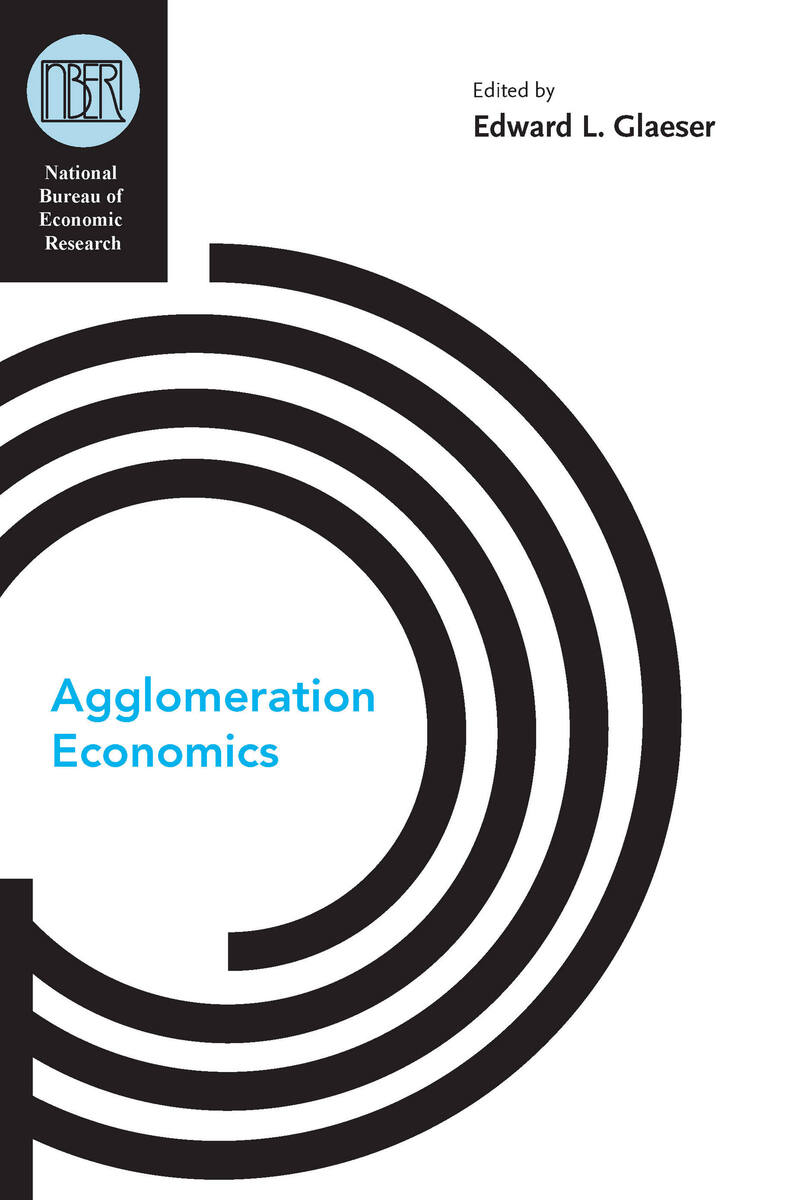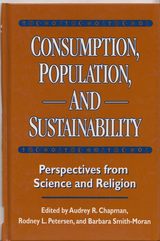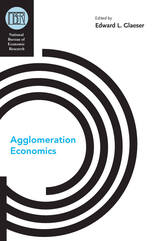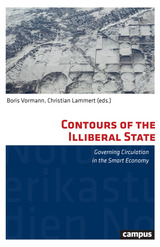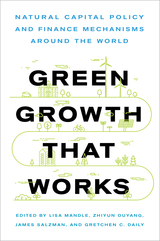Agglomeration Economics
University of Chicago Press, 2010
eISBN: 978-0-226-29792-7 | Cloth: 978-0-226-29789-7
Library of Congress Classification HC79.D5A33 2010
Dewey Decimal Classification 338.87
eISBN: 978-0-226-29792-7 | Cloth: 978-0-226-29789-7
Library of Congress Classification HC79.D5A33 2010
Dewey Decimal Classification 338.87
ABOUT THIS BOOK | AUTHOR BIOGRAPHY | TOC | REQUEST ACCESSIBLE FILE
ABOUT THIS BOOK
When firms and people are located near each other in cities and in industrial clusters, they benefit in various ways, including by reducing the costs of exchanging goods and ideas. One might assume that these benefits would become less important as transportation and communication costs fall. Paradoxically, however, cities have become increasingly important, and even within cities industrial clusters remain vital.
Agglomeration Economics brings together a group of essays that examine the reasons why economic activity continues to cluster together despite the falling costs of moving goods and transmitting information. The studies cover a wide range of topics and approach the economics of agglomeration from different angles. Together they advance our understanding of agglomeration and its implications for a globalized world.
See other books on: Business Development | Business networks | Glaeser, Edward L. | Industrial clusters | Regional economics
See other titles from University of Chicago Press
